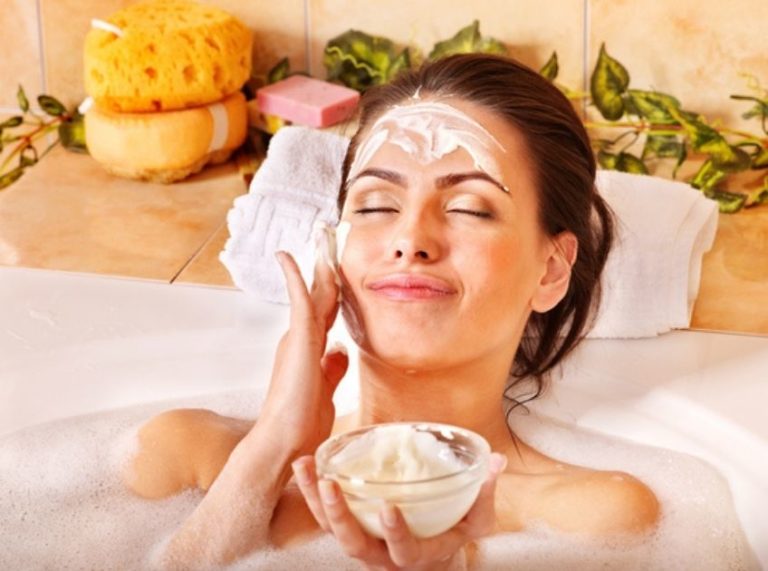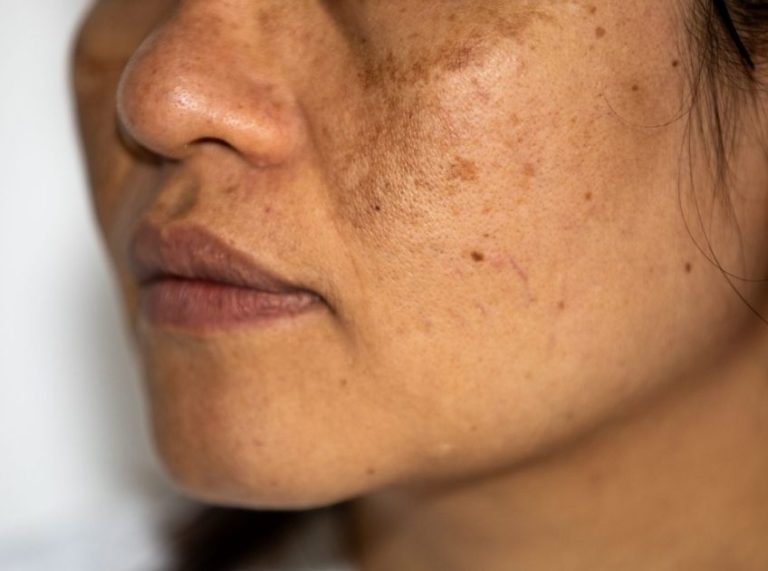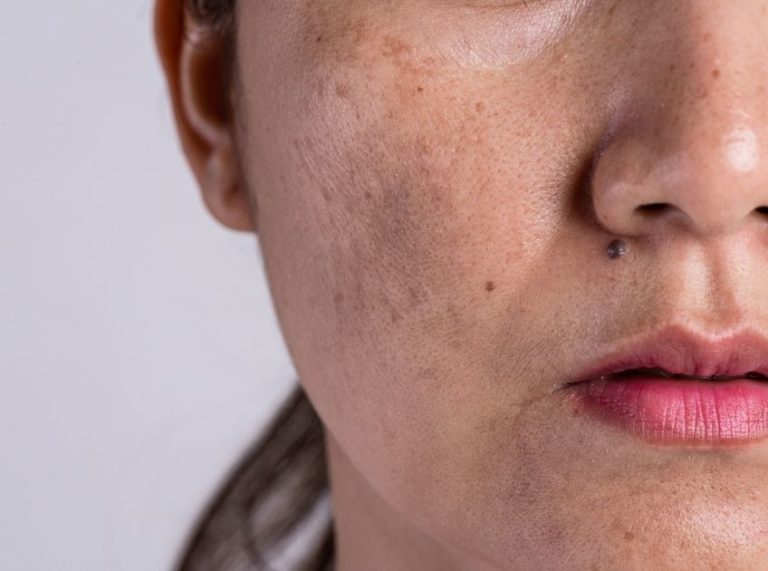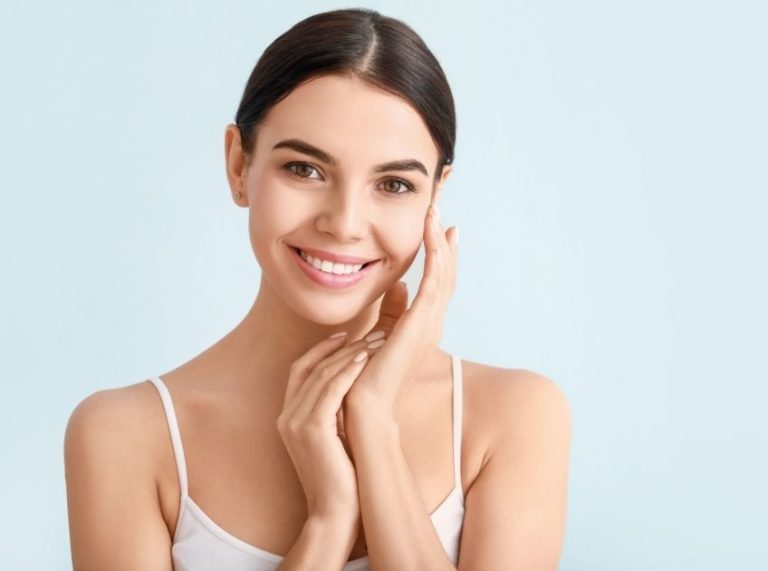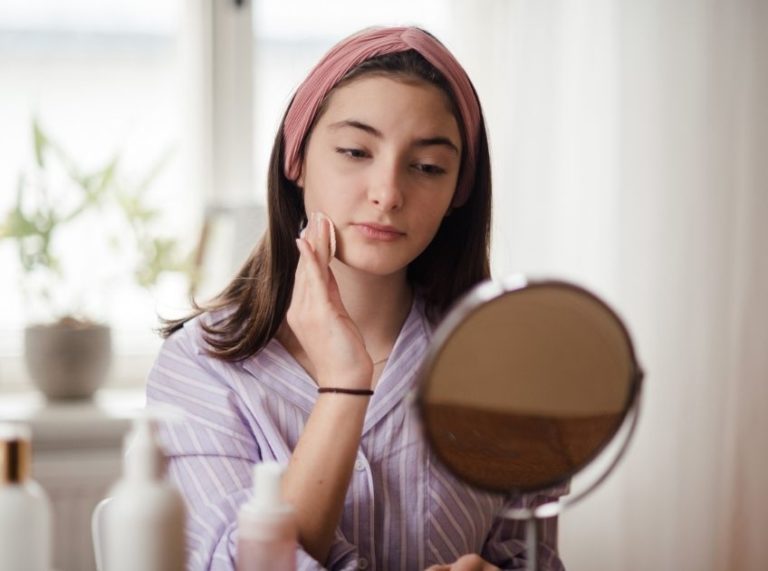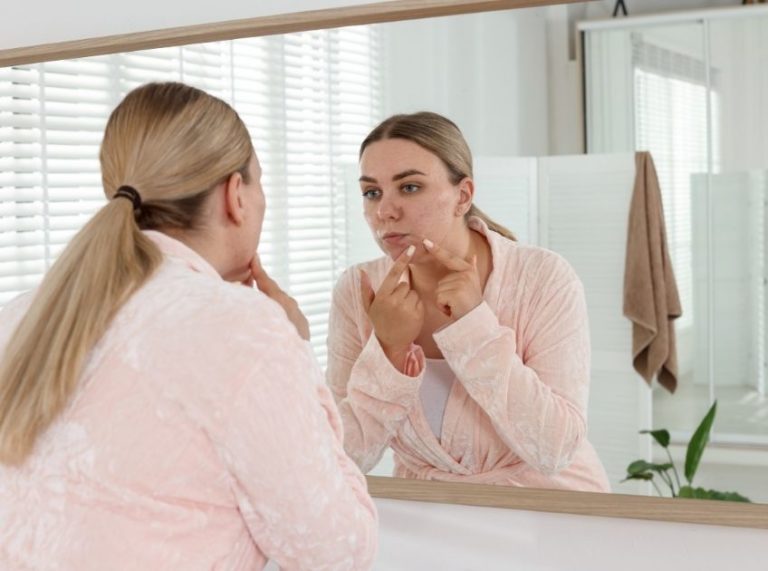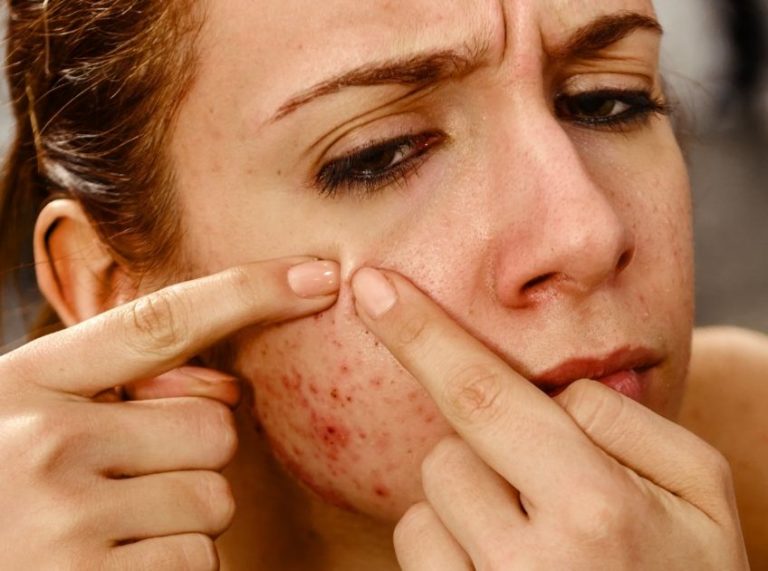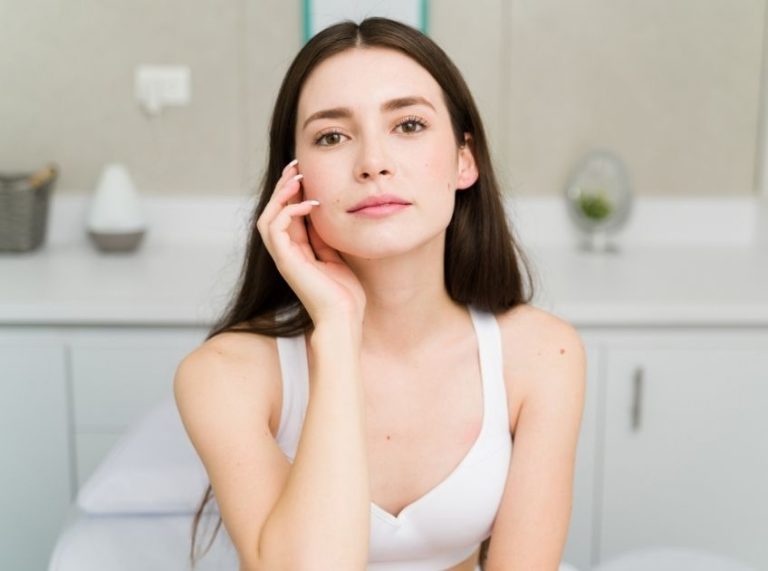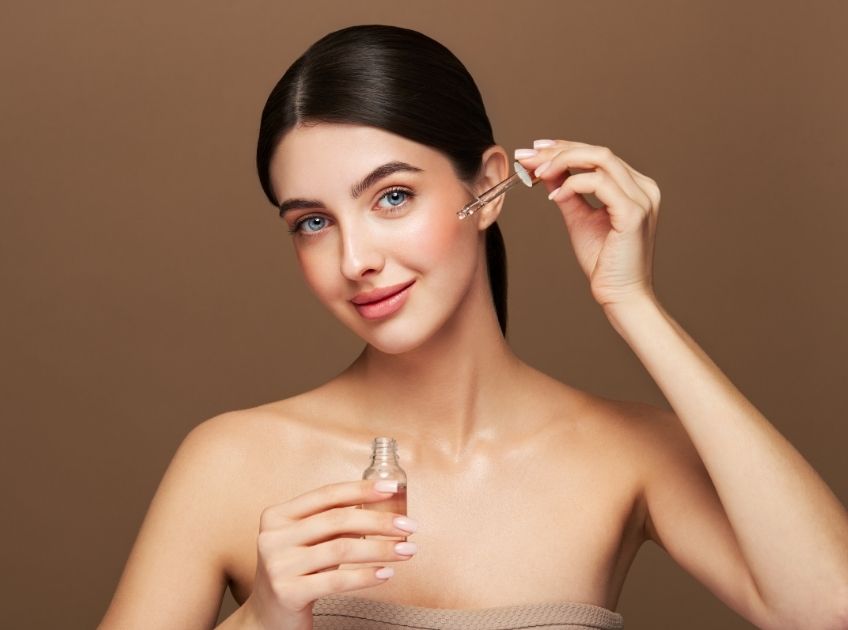
Important: This article is for informational purposes only. Please read our full disclaimer for more details.
From glowing skin to stronger hair and a more youthful appearance, essential oils have long been treasured for their transformative beauty benefits. Extracted from powerful botanicals, these concentrated plant oils are rich in antioxidants, vitamins, and active compounds that support skin and hair health. When used correctly, they can help target acne, dullness, pigmentation, dryness, premature aging, and scalp issues—making them a natural addition to modern beauty routines.
This beauty guide breaks down six essential oils that deliver “blockbuster” results for skin and hair, how they work, and what science says about their effectiveness.
6 Essential Oils with “Blockbuster” Beauty Benefits
Below are six superstar essential oils that beauty enthusiasts, dermatologists, and aromatherapy professionals love for their multi-benefit profile.
1. Tea Tree Oil – A Blemish-Fighting Powerhouse
Tea tree oil is widely known for its antibacterial and anti-inflammatory properties, making it an excellent choice for acne-prone skin. It helps unclog pores, reduce redness, and calm active breakouts without stripping the skin.
Beauty Benefits:
- Controls acne-causing bacteria
- Reduces inflammation and redness
- Helps clear blemishes and prevent recurrence
Best for: Oily and acne-prone skin.
2. Rosehip Oil – Youth-Boosting Skin Regenerator
Rosehip oil is rich in vitamins A, C, and E—nutrients known for their anti-aging and skin-repairing effects. It promotes collagen production, fades scars, and improves skin tone for a radiant, youthful glow.
Beauty Benefits:
- Reduces fine lines and wrinkles
- Fades scars, dark spots, and pigmentation
- Boosts collagen, hydration, and elasticity
Best for: Anti-aging, scar repair, dry skin.
3. Lavender Oil – The Skin-Soothing Glow Enhancer
Lavender oil is gentle, calming, and soothing—ideal for improving skin texture and reducing irritation. It helps balance natural oils, promotes healing, and supports a clearer, brighter complexion.
Beauty Benefits:
- Calms skin irritation & redness
- Helps heal mild acne, dryness, and sensitivity
- Promotes skin regeneration for a healthy glow
Best for: Sensitive, irritated, or combination skin.
4. Argan Oil – Liquid Gold for Hair & Skin
Argan oil is rich in essential fatty acids and vitamin E, making it incredibly nourishing for both skin and hair. It deeply moisturizes, repairs damaged strands, reduces frizz, and enhances skin softness and elasticity.
Beauty Benefits:
- Hydrates skin and strengthens the skin barrier
- Adds shine and smoothness to hair
- Helps repair dryness, split ends & frizz
Best for: Dry skin & dry, frizzy, or damaged hair.
5. Jojoba Oil – Nature’s Perfect Skin Balancer
Jojoba oil closely resembles the skin’s natural sebum, making it an excellent moisturizer that balances oil production. It hydrates without clogging pores and supports a clear, smooth complexion.
Beauty Benefits:
- Controls excess oil and prevents clogged pores
- Strengthens skin barrier and locks in moisture
- Soothes chapped lips and dry patches
Best for: Oily, combination, and breakout-prone skin.
6. Peppermint Oil – Scalp Stimulator for Thick & Healthy Hair
Peppermint oil boosts circulation, which can stimulate hair follicles and support growth. Its refreshing menthol content also helps reduce scalp irritation, itching, and dandruff.
Beauty Benefits:
- Promotes hair growth by improving scalp circulation
- Reduces dandruff, itching, and scalp inflammation
- Leaves hair feeling fresh, clean, and revitalized
Best for: Hair growth, dandruff, and oily scalp.
A Quick Note on Safe Use: Side Effects & Precautions
- Essential oils are highly concentrated and must be used mindfully.
- Always dilute essential oils with a carrier oil (coconut, jojoba, almond, or argan) before applying to skin or scalp.
- Patch-test before first use to check for irritation or allergies.
- Avoid applying undiluted essential oils directly to the face or scalp.
- Pregnant or breastfeeding women should consult a professional before use.
- Avoid using citrus oils (like lemon) on skin before sun exposure, as they may increase sensitivity.
- If you experience redness, burning, or itching, discontinue use.
What Science Says: Research-Backed Beauty Benefits
Essential oils are not just traditional remedies—scientific research supports many of their benefits:
- Tea tree oil has antimicrobial properties shown to reduce acne-causing bacteria and improve mild to moderate acne (1).
- Rosehip oil is rich in antioxidants and vitamin A, which research shows helps improve scars, photoaging, and pigmentation (2).
- Lavender oil demonstrates anti-inflammatory and soothing effects that support wound healing and skin barrier recovery (3).
- Peppermint oil has been studied for its ability to improve scalp blood flow, which may support hair growth when applied topically in diluted form (4).
While more research is ongoing, dermatologists and holistic beauty experts agree that essential oils can complement a balanced beauty routine when used safely.
Frequently Asked Questions (FAQ’S)
1. Can essential oils replace my regular skincare products?
A. Not entirely. Essential oils should complement—not replace—your core skincare routine. They work best as targeted treatments or boosters.
2. How often can I use essential oils for skin or hair?
A. Generally, 2–3 times per week is enough. Overuse may irritate, especially with potent oils like tea tree or peppermint.
3. Which carrier oils are best for mixing with essential oils?
A. For skin: jojoba, rosehip, or sweet almond oil. For hair: coconut, argan, or castor oil.
Essential oils offer impressive, natural beauty benefits—from glowing skin and improved texture to stronger, shinier hair. With consistent and mindful use, these six “blockbuster” oils can transform your beauty routine and help you achieve visible results without harsh chemicals. Introduce them gradually, observe how your skin and hair respond, and choose the oils that align with your beauty goals.
